How To Buy And Export Soldering And Welding Machinery From Angola
How To Buy And Export Soldering And Welding Machinery From Angola

Image Source: Unsplash
The sub-Saharan Africa (SSA) region remains one of the most challenging markets for manufacturers of industrial equipment. The scarcity and high cost of capital, complex tax regimes, restrictive regulatory environments, and emerging local competitors all make doing business in SSA a very different experience compared with more mature markets such as North America and Western Europe. The scope of this article focuses on the regulatory requirements, duties, tariffs and other market access conditions specific to the sale, export and import of soldering and welding machinery from Angola. This article is not meant to be exhaustive or cover every single detail related to this topic. Instead it is intended as a practical guide to help you understand how these processes work in practice so that you can plan accordingly if you intend to sell or export equipment from your business to Angola.
Overview of Angola’s Industrial Environment
Angola is a large country in Southern Africa with a predominantly rural population. It is rich in natural resources, but is also one of the most corruption-ridden countries in the world. The country’s civil war ended in 2002. Since then, the economy has rebounded strongly. Oil accounts for more than half of GDP and 95 percent of government revenue. Angola’s economy is forecast to grow by over 6 percent in 2018, though the country remains one of the most difficult places in the world to do business. The biggest challenge for industrial equipment exporters is Angola’s lack of infrastructure. Roads are in poor condition, and the absence of rail links to neighboring countries means that most goods must be transported by sea. Ports are old and badly maintained, and many don’t have cranes that can lift containers to a high enough level to clear ships’ propellers. As a result, containers take a long time to offload, sometimes up to 20 days. Customs authorities are understaffed, poorly trained, and corrupt.
Export Requirements For Selling Machinery to Angola
Before exporting machinery to Angola, you should request an import license from the National Department of Trade and Investment (DTI). An import license is required for all types of machinery, though the DTI does not always issue them. If a license is issued, it generally has a validity period of six months. You should also obtain a certificate of origin from your supplier. You may be asked to present these documents if your shipment is inspected by customs officials. There are no special export duties applicable to machinery destined for Angola. However, exporters must be aware that, according to Angola’s Central Bank, many banks globally have imposed restrictions on the provision of credit to the Angolan government and its affiliates. This may affect the terms on which credit facilities are offered to Angolan importers and may also impact their ability to pay suppliers on time.
Duties And Taxes On Imported Machinery
Import duties in Angola are calculated on the “most favored nation” (MFN) rate. The MFN rate for machinery is 2.5 percent. In addition, a 12 percent value added tax (VAT) is applied to the customs value of imports. Machines imported temporarily for exhibition or demonstration (for example, at a trade show or as part of a sales contract) are subject to a reduced VAT rate of 6 percent. However, they cannot be sold while in Angola. Machines imported for re-export are exempt from VAT. However, they are subject to a 10 percent “re-export” fee (a form of temporary import duty).
Exporting And Importing Specifications for Angola
Machines destined for Angola must be designed for the tropical climate and humidity levels of the country. In terms of electrical specifications, the national grid is 220 volts, 50 Hz. The standard plug is CEE 16 A, CEE 16 B, CEE 7 A, or CEE 7 B. The standard single phase voltage is 220/380 V. The maximum three phase voltage is 220/ 400 V. The maximum frequency is 50 Hz. The national safety standard is IEC/EN 61800. For data transmission, the standard is EIA/TIA 568B. For fiber optic cables, the standard is ITU-T G62.
Conclusion
The SSA region remains one of the most challenging markets for manufacturers of industrial equipment. The scarcity and high cost of capital, complex tax regimes, restrictive regulatory environments, and emerging local competitors all make doing business in SSA a very different experience compared with more mature markets such as North America and Western Europe. In terms of exporting and importing machinery to Angola, the most important points to keep in mind are to request an import license from the DTI and to be aware of banks’ restrictions on providing credit to the Angolan government.


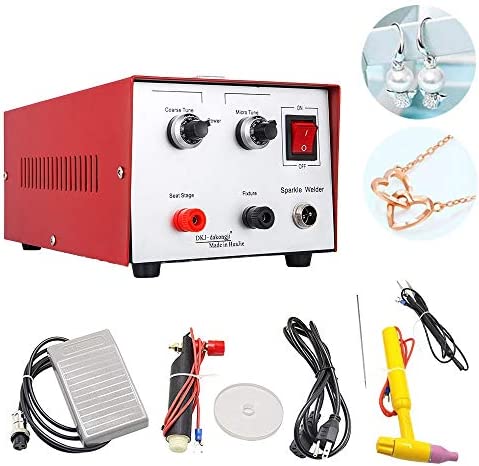
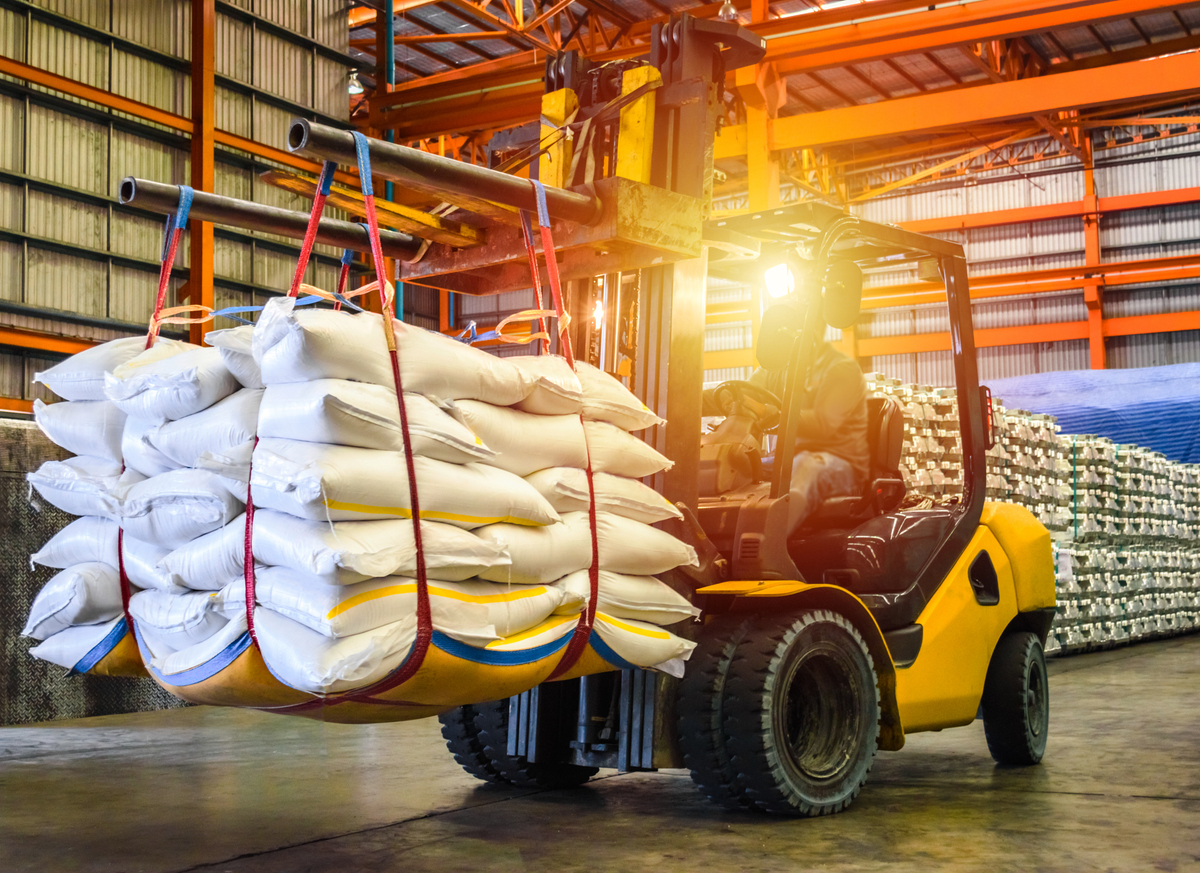
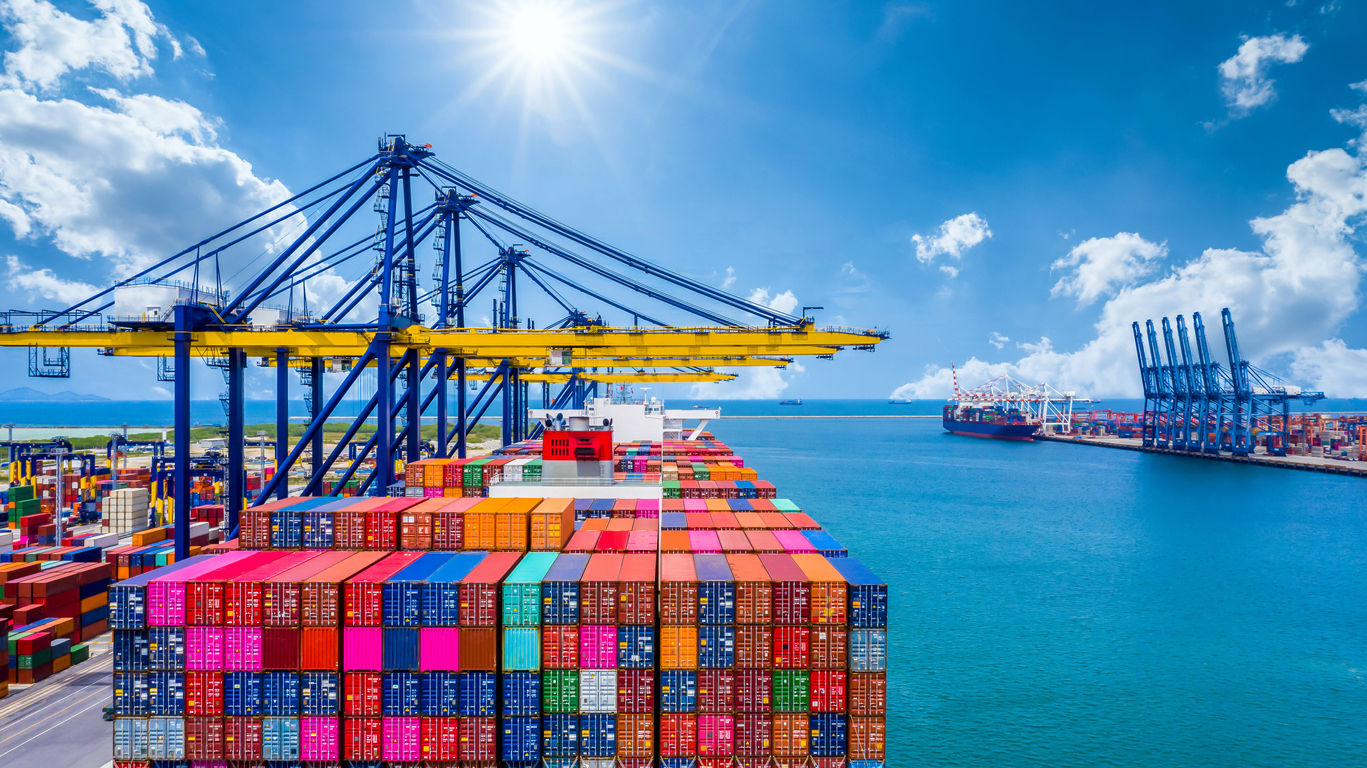
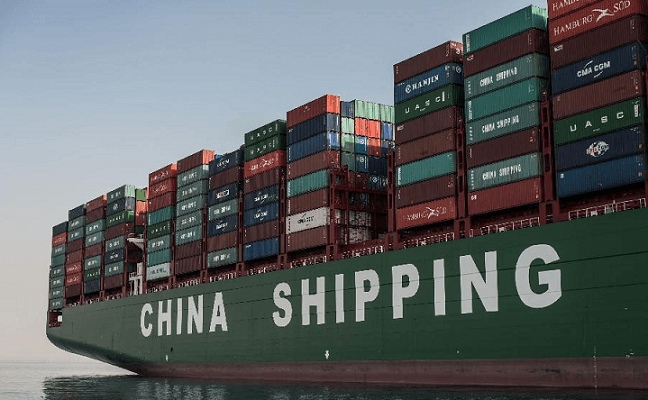

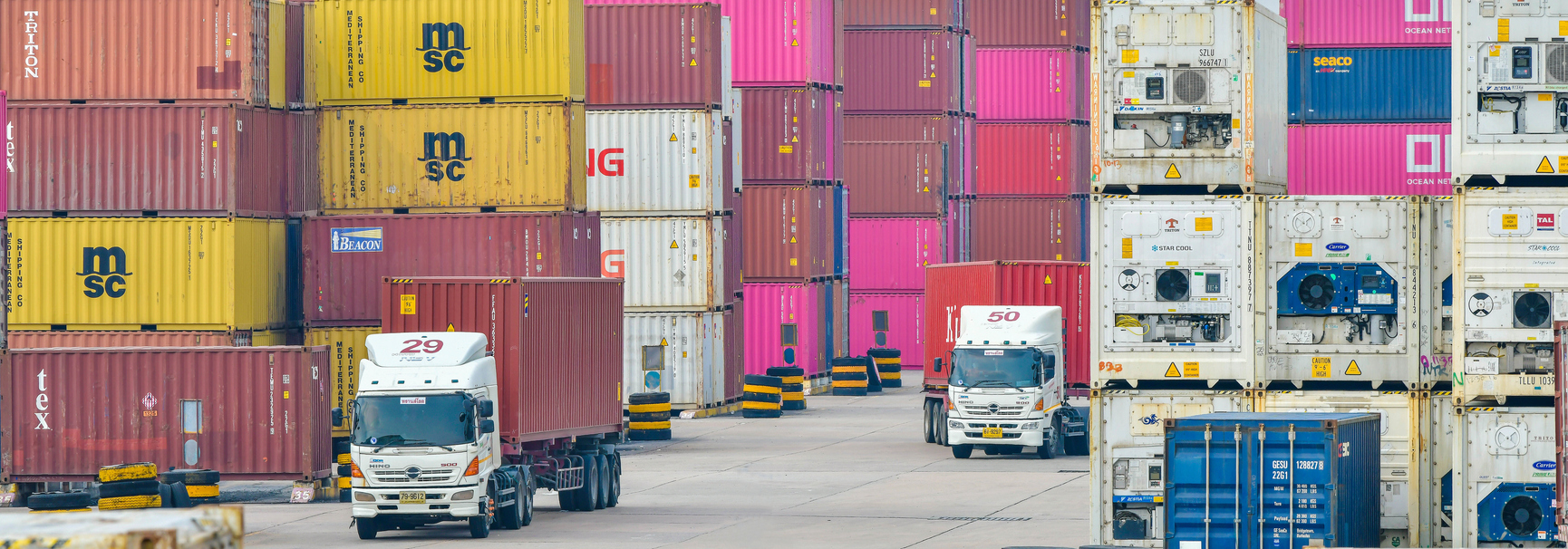
LEAVE A COMMENT
You must be logged in to post a comment.